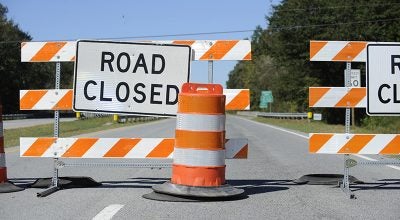A public safety issue
Published 1:00 am Sunday, March 27, 2011
In February the Washington City Council voted unanimously to adopt a more stringent minimum-housing code for the city.
City officials explained the beefed-up code would allow the city to do larger-scale inspections of properties and look into the structural integrity of homes.
“This will go to protect people and residents in terms of having adequate and safe housing for everybody,” said Mayor Archie Jennings.
Jennings later agreed that a Washington Daily News series on home standards and building conditions in the area helped push the updated code to the forefront of the council’s agenda.
Jennings wished aloud that Beaufort County government would look into minimum-housing issues.
Beaufort County currently has no minimum-housing code.
The county’s towns have minimum-housing guidelines, but some municipal leaders say those guidelines would be easier to enforce, in outlying areas, if the county had a corresponding code.
We agree with municipal officials who contend the county commissioners should examine the merits of a minimum-housing code. We have been calling on the commissioners to do that for years.
Some Washington residents took exception to a portion of the city minimum-housing code that permits five people to sign a petition requesting an inspection of a property.
Those exceptions should be noted by the city, but so should the concerns of homeowners worried about their property values, or tenants worried about their health and safety.
Overall, as we’ve written before, this tougher minimum-housing code is a good idea, even if it breaks no new ground in comparison to what many other cities are doing.
Now, the city council could be widening its efforts to apply minimum standards to buildings across the city.
Early this month, council members were given a draft nonresidential-maintenance code that would affect business properties.
In a memorandum to the council, John Rodman, city planning and development director, notes state statutes applicable to nonresidential buildings “were never intended to support a true property maintenance code.”
“The concept of a nonresidential maintenance code is to establish minimum standards of maintenance, sanitation, and safety for nonresidential buildings that are not (necessarily) so unsafe that they are fit for condemnation,” Rodman wrote.
In an interview, Bob Henkel, a downtown-Washington property owner and a member of the city Planning Board, said “there’s several unsafe buildings in downtown.”
These and other buildings deserve city scrutiny if they threaten public safety, and public safety č not aesthetics or arbitrary half-measures – appears to be the city’s chief concern as it moves toward adopting higher standards for property owners.





